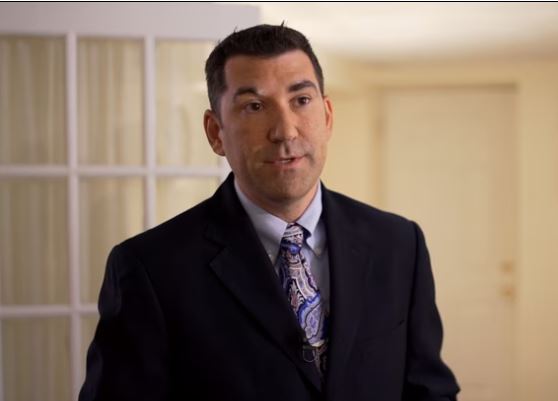An Excerpt from the best seller: “Mastering Communication At Work” By Ethan F. Becker, published world-wide by McGraw-Hill
Defensiveness prevents clear communication. In this chapter you will learn how to recognize your own defensiveness and how to diffuse others.
The First Moment: Defensiveness
If they are defensive, your message is most likely lost. Something has caused your listener to feel like you, intentionally or not, are attacking their idea or them. This emotion will cause them to focus on defending the idea or their character instead of exploring solutions. They are struggling and it may be your fault. You may not have set the right expectations. You may have used a tone that does not match your intended message. You may not have given them the resources to achieve their goals. They may just be tired. Engage their defensiveness and you will make it worse. If you know how to approach their defensiveness, you can instantly redirect their negative energy—whether fear, doubt, or worry, and help them leave the conversation with your message.
The Trap
They say, “No.” You say, “Yes.” They say, “I didn’t know.” You say, “You should have.” Maybe you were taught to ask questions as a way of managing effectively, so you say, “How could you not know?” But the presupposition in this question suggests that they are somehow not smart because they did not know. While that may not be your intended message, its there and their spine will rise and their eyes will narrow. If you react to their posturing instead of listening, helping them sit back and reflect on what’s bothering them, they will react as well instead of focusing on the real purpose of your conversation.
If you are in a conversation and you notice someone getting defensive, stop. Don’t go any further with your point. Don’t try to make your point in a different way; it will rarely work. If they are defensive, they aren’t listening. They have one agenda and that is to deflect whatever they think you are attacking. You may need to just listen, you may need to ask a question like “What do you need?” or “Help me understand your point of view?” After the question, stop. You may have to continue the conversation at another time. The fact that you take time to process and digest that conversation is validation, and that’s the first step to overcoming their defensiveness.
You can fall for the same trap even when you go into a conversation knowing someone might be defensive. If you haven’t prepared how you want to approach their emotion, rigid belief, or confusion, they will stay shut down and retreat deeper into themselves. To help them come to a decision, or understand your point of view without feeling defensive, the format to use is called defensive persuasion.
The Format: Defensive Persuasion
- Validate. If they are going to be comfortable, they have to know you value whatever issue is causing their defensiveness, or their opinion—even if you disagree. Decide how you’re going to validate. Will it be a head nod? Listening? Paraphrasing (see Chapter Five). They can’t open their mind until they know you have heard and understood their point—especially when you completely disagree. Even in established relationships, you will need to validate. Not as often, but if they are fired up, the only way to cool them down is to show them you recognize their value or the value of their contribution.
- Frame. What message do you want them to get. You have to decide this ahead of time, and that’s why if you run into someone who is defensive and you can’t figure out why and they won’t tell you, you have to pause the conversation. If you don’t’ know the message you want them to understand, the conversation will still go in circles, and they will stay defensive.
- Decide your timeline. You may not overcome their emotion in one conversation, and it may take many. Sometimes you will have to validate for two or three conversations before framing what you need from the other person. Having done this well, the trust you build will allow you to communicate more immediately next time.
Ethan is a Senior Speech Coaching Partner with TSIC and is currently on a long term assignment with the iclif Leadership and Governance center in Malaysia where he is working on his Doctoral Studies in Industry and Organizational psychology and conducting research on the topic of Leadership Communication from a global perspective. He may be reached at [email protected]




